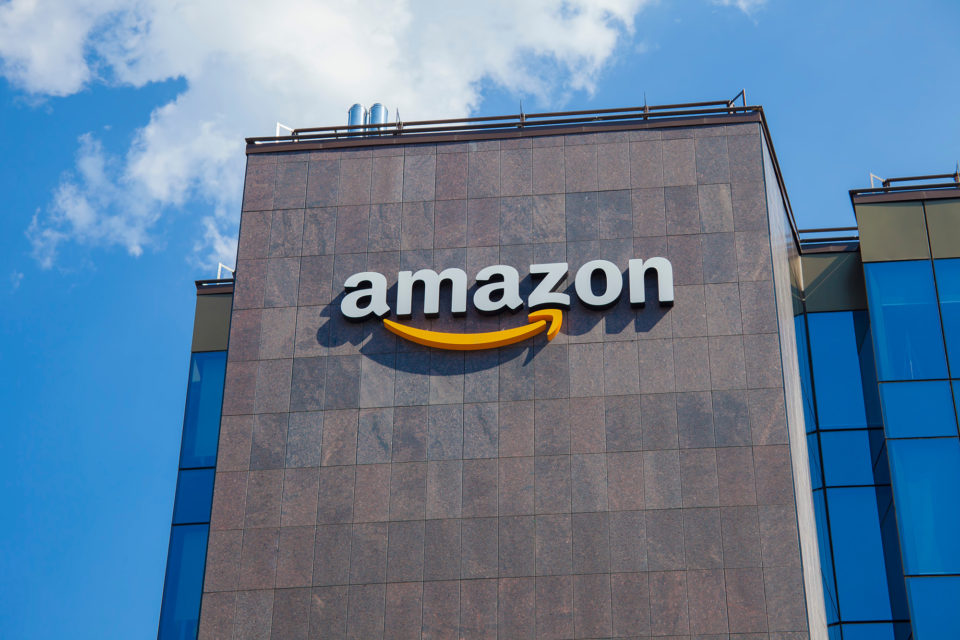Amazon asked the Indian government on Thursday not to change e-commerce foreign investment rules until investigations into its business practices had been concluded, two sources familiar with the discussions told Reuters. The commerce ministry met e-commerce players after allegations by retailers, which are a crucial part of Prime Minister Narendra Modi’s support base, that Amazon and Walmart’s Flipkart create complex structures to bypass federal foreign investment rules and damage small traders. Both companies deny any wrongdoing and say they are helping small businesses in India.
New Delhi has been considering revising e-commerce foreign investment rules for weeks. The last time they were changed, in 2018, it forced Amazon and Flipkart to rework their business structures and soured trade relations between India and the United States.
Last month a Reuters report, based on internal Amazon documents, revealed that the US firm had for years given preferential treatment to a small group of sellers on its platform, giving them discounted fees and helping one cut special deals with big tech manufacturers. Amazon has said it “does not give preferential treatment to any seller on its marketplace,” and that it “treats all sellers in a fair, transparent, and non-discriminatory manner”.
During Thursday’s meeting, an Amazon executive told commerce ministry officials that the Competition Commission of India (CCI) and the Enforcement Directorate were probing the allegations and “it would be premature to make any policy change” until those proceedings have concluded, two sources with direct knowledge of the discussions said.
The antitrust watchdog has said the Reuters story corroborated evidence it had against Amazon, while the federal financial crime-fighting agency has sought information and documents from Amazon. Amazon, which said during the meeting it complies with all laws, said any policy change which impacts current investments would dent global investor confidence and sentiment, and any disruption caused has a “devastating consequence” on suppliers and small businesses, the sources added.
 Live
Live

